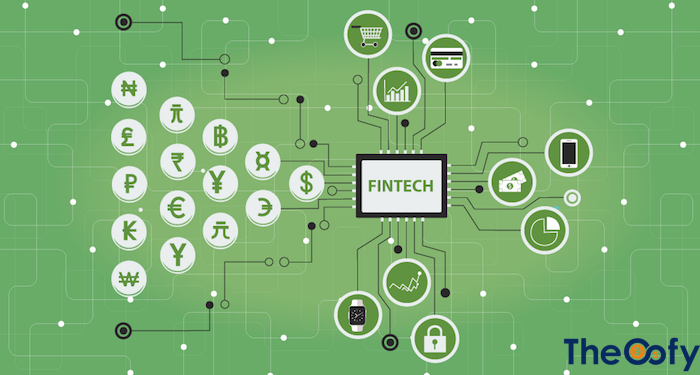Fintech is really a portmanteau of financial technology that explains a growing financial services market today. Actually, the phrase used on technology related to the back-end of experienced customer and trade banking institutions. Because the end of the first era of the twenty-first century, the phrase has widened to incorporate any technological know-how in the financial market, such as revolutions in financial literacy and education, retail banking, investment as well as crypto-currencies like bitcoin.
BREAKING DOWN ‘Fintech’
The phrase financial technology can use to any invention in how people handle business, from the innovation of digital money to double-entry bookkeeping. Because the internet wave, as well as the mobile internet trend, but, financial technologies, have expanded explosively, and fintech, which actually described computer systems placed on the back office of banks or trading organizations, now explains an extensive range of technological interventions into private and industrial finance. Based on EY’s Fintech Adoption Index, one-third of clients use a minimum of 2 or more fintech services and those individuals are also ever more conscious of fintech as part of their lives.
Fintech’s Growing Perspectives
If one phrase can explain the number of fintech revolutions has influenced traditional trading, banking, financial advice, and merchandise, it’s ‘disruption,’ as financial services and products which were once the arena of branches, sales staff and desktops move toward cellular devices or just democratize far from large, established organizations. For instance, the mobile-only trading app Robinhood bills no payments for trades, and peer-to-peer lending sites just like Prosper Marketplace and Lending Club guarantee to lessen rates by opening competition for loans to extensive market forces.
New Tech in Fintech
Technologies, like machine learning/artificial intelligence, predictive behavioral analytics, and data-driven marketing, will require the uncertainty and routine out of financial choices. “Learning” apps is not going to only discover the routines of users, usually hidden to themselves, and can interact users to learn games to create their automatic, spontaneous investing and saving choices better.
The Fintech Landscape
Fintech startups got $17.4 billion in money in 2016 and were on pace to exceed that sum recently 2017, based on CB Insights, which counted 26 fintech unicorns worldwide priced at $83.8 billion. North American generates the majority of the fintech startups, with Asia following. Probably the most active regions of fintech invention consist of or center on these:
Cryptocurrency and digital cash
Blockchain technology, such as Etherium, a distributed ledger technology (DLT) that keep records on the network of computers, yet has no central ledger.
Smart contracts, which use applications (often using the blockchain) to instantly perform contracts between sellers and buyers.
Open banking, an idea that sways on the blockchain and posits that third-parties should get access to bank data to construct applications that produce a connected network of banking institutions and third-party providers. A good example is definitely the all-in-one money management tool Mint.
Insurtech, which tries to make use of technology to streamline and reduces costs of the insurance market.
Regtech, which tries to assist financial service organizations to meet business compliance rules, particularly those addressing Anti-Money Laundering and Recognize Your Customer protocols which fight fraud.
Robo-advisors, like Betterment, use methods to systemize investment recommendations to reduce its cost and improve convenience.
Unbanked/underbanked, services that attempt to function deprived or low-income people who are overlooked or underserved by conventional banks or popular financial services firms.
Cybersecurity, because of the growth of cybercrime as well as the decentralized storage of information, cybersecurity and fintech are interlocked.
Fintech Users
Who uses fintech? There are four extensive types: 1) B2B for banks and two) their business customers, and three) B2C for small enterprises and 4) customers. Developments in mobile banking, elevated information, data and more precise analytics and decentralization of access can create possibilities for all four types to have interaction in heretofore unparalleled techniques.




